BRICS nations urge peaceful end to Ukraine conflict amid Putin’s call
- Update Time : Saturday, October 26, 2024
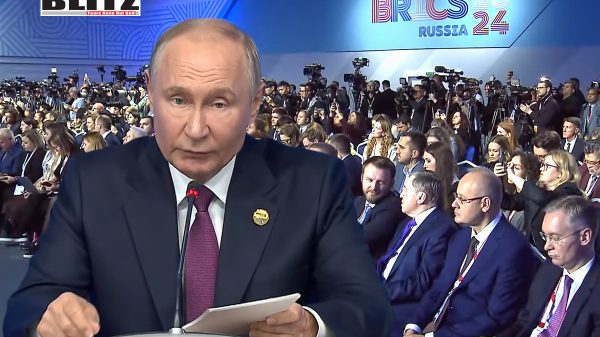
In recent statements following the 16th BRICS Summit in Kazan, Russian President Vladimir Putin reiterated his call for a peaceful and swift resolution to the Ukraine conflict, stating that the BRICS nations-Brazil, Russia, India, China, and South Africa-share a unified desire for a negotiated end. While geopolitical tensions have escalated globally, particularly surrounding Russia’s involvement in Ukraine, Putin’s remarks suggest that key BRICS members are invested in a diplomatic path forward, albeit one that respects what Russia calls “territorial realities.”
In his comments on October 24, Putin underscored the determination of BRICS countries to mediate a solution to the crisis in Ukraine, emphasizing that any end to the conflict must ideally come through diplomacy rather than continued escalation. Referring to diplomatic proposals from China and Brazil at recent international forums, including the United Nations assembly in New York, Putin highlighted these initiatives as part of a collective BRICS commitment to achieving peace in Ukraine.
“Everyone is determined to end the [Ukraine] conflict as quickly as possible and, preferably, by peaceful means,” Putin said. He expressed gratitude for the support of BRICS allies, underscoring that these countries represent significant geopolitical influence and could play a key role in shaping a resolution.
In recent months, Brazil and China have expressed concern over the ongoing conflict’s destabilizing impact on global trade, food security, and energy supplies, particularly in the Global South. BRICS nations, now working toward alternative solutions, may provide a counterbalance to Western-led sanctions and military support to Ukraine.
In a bid to revive peace negotiations, Putin proposed Saudi Arabia as a potential neutral location for a summit, suggesting that Riyadh could serve as a conducive platform for dialogue. The choice of Saudi Arabia is significant, as the kingdom has sought to assume a more active role in international mediation in recent years, particularly within the Middle East. By proposing a neutral location, Putin likely aims to appeal to parties wary of negotiations in Eastern Europe or countries heavily aligned with either side of the conflict.
This proposed peace summit would aim to revisit the initial draft treaty negotiated in Istanbul in early 2022. This earlier draft reportedly proposed terms that included Ukraine’s neutrality and limitations on its military. Yet, following early signals of interest, Ukraine ultimately walked away from negotiations, citing distrust in Moscow’s intentions and, according to some officials, Western encouragement to reject the terms offered by Russia.
During Putin’s latest statement, he indicated that the abandoned 2022 treaty could still serve as a viable basis for a peace settlement. According to Russia, this draft called for Ukraine to renounce ambitions of joining NATO, which Moscow perceives as a direct threat, and maintain a military limited in scale. Ukrainian officials initially agreed to the draft’s provisions but subsequently reneged, a decision that Russian officials have since characterized as irrational.
Putin’s perspective is that a reversion to the 2022 draft would lay the groundwork for stabilizing the region, creating a buffer that Moscow sees as necessary for its security. On the other hand, Ukraine’s refusal to concede on issues such as NATO membership reflects a longstanding desire to align more closely with the West and bolster national security in the face of potential Russian aggression.
Ukrainian President Volodymyr Zelensky has since been adamant that any peace framework must honor Ukraine’s pre-2014 borders, which would entail the reintegration of Crimea and the eastern territories under Ukrainian administration. Zelensky’s stance remains unwavering: peace can only be achieved if Russia withdraws from territories seized since 2014, a demand that Moscow views as unacceptable.
The current gap between Kiev and Moscow appears as wide as ever, with Zelensky proposing his own “peace formula,” demanding full restoration of Ukraine’s borders as they stood at the time of its independence in 1991. In addition to territorial integrity, Zelensky’s proposal includes assurances for Ukraine’s security, accountability measures for Russia, and substantial reconstruction aid.
While these demands reflect Ukraine’s goal of reclaiming sovereignty over all its territories, Russia’s leadership has been quick to reject the formula. Moscow has argued that Ukraine must recognize “territorial realities”-a reference to areas now under Russian control. The Kremlin has consistently maintained that any settlement must respect its self-declared annexations and that the “realities” resulting from the conflict are irreversible. As a result, both sides remain committed to fundamentally incompatible visions for peace, complicating any prospective negotiations.
The BRICS nations’ stance on Ukraine reflects an emerging alternative to the US- and NATO-led approach, which has predominantly consisted of military support to Ukraine and economic sanctions against Russia. China and Brazil, in particular, have vocalized their support for peace but have stopped short of backing the heavy sanctions imposed by Western countries. For Brazil, stability in Ukraine would aid global food security, which has been significantly disrupted by the conflict, impacting global grain and fertilizer supplies. China, meanwhile, has its interests in promoting diplomatic solutions that align with its vision of a multipolar world order, a vision shared by many BRICS members who seek to reduce reliance on Western-dominated institutions.
Though the BRICS bloc has traditionally focused on economic cooperation, the Ukraine crisis has highlighted the group’s potential influence in the geopolitical sphere. However, it is also clear that the influence of the BRICS is constrained by Russia’s central role in the conflict, which complicates the group’s claim to neutrality. India and South Africa, for example, have thus far maintained a cautious stance, supporting peaceful dialogue without fully endorsing Russia’s positions.
The question remains whether BRICS can serve as a credible mediator capable of navigating the competing interests of Russia and Ukraine, as well as those of NATO and the EU. By aligning with Russia’s call for peace talks, BRICS could position itself as a diplomatic bridge, but its credibility would likely depend on its ability to bring both sides to the table without bias. While BRICS nations have voiced support for dialogue, their willingness to make concessions to bring about a ceasefire remains uncertain.
The BRICS’ peace vision faces formidable challenges, notably the skepticism of Ukrainian leaders and their Western allies, who are wary of Russian terms. Moreover, the United States and Europe remain committed to supporting Ukraine, often framing the conflict as a fight for democracy against authoritarianism. This framing has led Western leaders to take a hard line against any solution that seems to reward territorial gains by force.
While Putin’s call for peace has brought renewed attention to the possibility of negotiations, the preconditions set forth by both sides illustrate the stark challenges to finding common ground. The Ukrainian government, wary of Russian intentions, is likely to resist any concessions that could undermine its sovereignty. Russia, however, views territorial negotiations as non-negotiable, expecting the international community to acknowledge the new status quo.
As BRICS countries advocate for a peaceful resolution to the Ukraine conflict, they face significant challenges in persuading Ukraine and its Western allies to embrace their vision. The recent Kazan Summit highlighted BRICS’s commitment to dialogue, but the future of peace efforts remains uncertain. The conflict has drawn in global powers from both Western and non-Western blocs, creating a complex geopolitical puzzle. BRICS’s success in becoming a credible mediator will depend on its ability to navigate these competing interests.


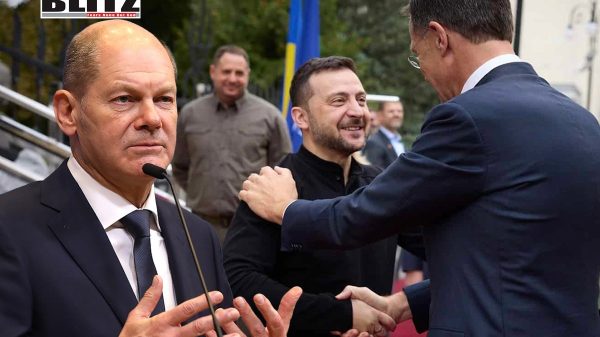
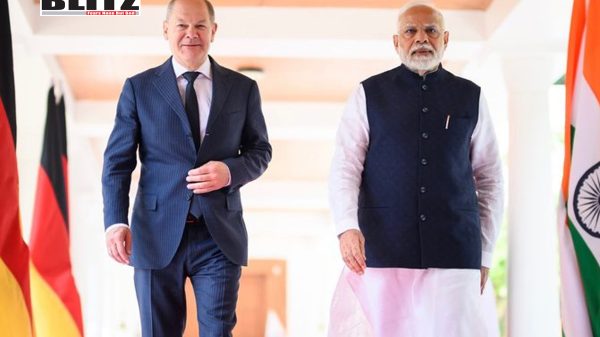
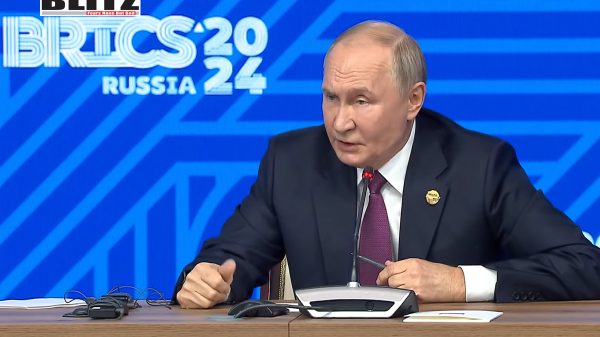
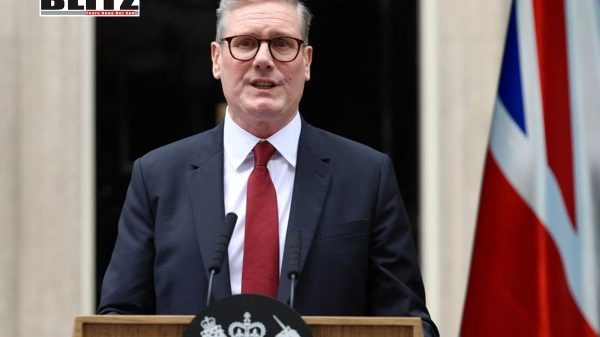

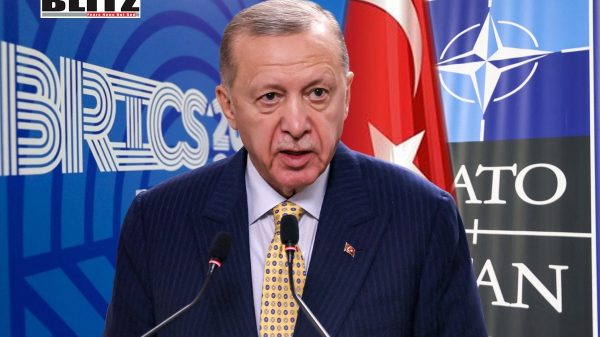

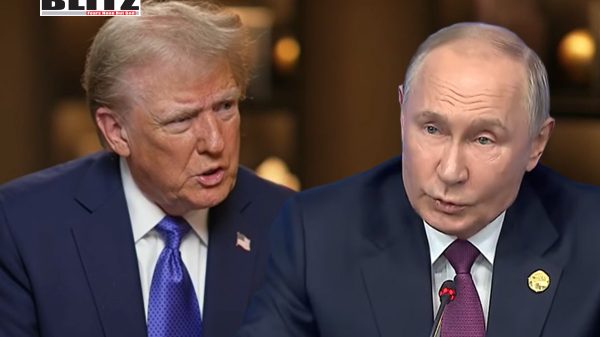


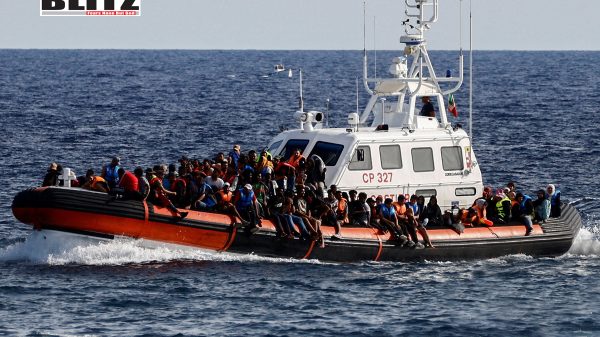

Leave a Reply